
THE DAWNING OF THE APOCALYPSE
The Dawning of the Apocalypse
The Roots of Slavery, White Supremacy, Settler Colonialism, and Capitalism in the Long Sixteenth Century
 Gerald Horne
Gerald Horne 
MONTHLY REVIEW PRESS
New York
Copyright 2020 by Gerald Horne
All Rights Reserved
Library of Congress Cataloging-in-Publication Data
available from the publisher
ISBN 978-1-58367-872-5 pbk
ISBN 978-1-58367-873-2 cloth
Typeset in Eldorado
Monthly Review Press, New York
monthlyreview.org
5 4 3 2 1
Contents
Introduction
I t should not have been deemed surprising when in 1977 Washingtons ambassador to the United NationsAndrew Young, a former chief aide to Dr. Martin Luther King, Jr.asserted audaciously that London invented racism. Instead, the pastor-cum-diplomat was pelted ferociously in a hailstorm of invective, How and why this deadly process unfolded in its earliest stage rests near the heart of this book.
Still, Ambassador Young, an ordained Protestant minister, would have better served historical understanding (besides providing useful instruction to predominantly Protestant London) if he had reflected on the point that the rise of this once dissident and besieged sect in the North American settlements led to the supplanting of religion as an animating factor of society with race,
Ambassador Young would also have better served understanding if he had had the foresight to reflect the penetrating view of the eminent scholar Geraldine Heng, who has argued that at least by the thirteenth century, England had become The First Racial State in the West, referring to the pervasive anti-Judaism that then prevailed. And just as it became easier to impose an expansionist foreign policy that propelled colonialism, given the experience with the Crusades, likewise it became easier to impose the racism that underpinned settler colonialism and slavery, once anti-Judaism became official policy in London. As U.S. Negroes were to be treated, the Jewish community in England was said to emit a special fetid stench, while bearing horns and tails and engaging in cannibalism. Religion was deployed socio-culturally and bio-politically to racialize a human group in England in a manner eerily similar to what was to unfold in North America. Certainly, there are differences that distinguish anti-Judaism from anti-Negro bias. The persecuted in England were unable to own land in agricultural Europe, but in response, Jews famously established themselves as financiers, a status generally unavailable to Negroes, though the ban on landowning was. Interestingly, though this murderous bigotry is understandably associated with Madrid, which dramatically expelled the Jewish community in the hinge year that was 1492, it was London that was the first European country to stigmatize Jews as criminalsanother parallel to U.S. Negroesand the first to administer the badge this community was forced to wear. England was the first to initiate state-sponsored efforts at conversion and, more to the point vis--vis Spain: the first to expel Jews from its national territory. Then it was the prevailing religion, says Heng, that supplied the theory Ironically and perversely, Londons earlier bigotry positioned England to capitalize upon Madrids later version, by appealing to Sephardim and the Jewish community more broadly that had been perniciously targeted by the Spanish Inquisition.
THIS IS A BOOK ABOUT the predicates of the rise of England, moving from the periphery to the center (and inferentially, this is a story about their revolting spawn in North America post-1776). This is also a book about the seeds of the apocalypse, which led to the foregoingslavery, white supremacy, and settler colonialism (and the precursors of capitalism)planted in the long sixteenth century (roughly 1492 to 1607),
In brief, and as shall be outlined, the Ottomans enslaved Africans and Europeans, among others, as contemporary Albania and Bosnia suggest. The Spanish, the other sixteenth-century titan, created an escape hatch by spurring the creation of a Free African population, suggesting an alternative to a bonded labor force comprised of Africans or even indigenes. That is, the substantial reliance on enslaved African labor in North America honed by London was hardly inevitable.
Floridas first slaves came from southern Spain, though admittedly an African population existed in that part of Europe and wound up in North America. Yet at this early juncture, sixteenth-century Spanish law and custom afforded the enslaved rights not systematically enjoyed in what was to become Dixie. Moreover, Spains shortage of soldiers and laborers, exacerbated by a fanatical Catholicism that often barred other Europeans under the guise of religiositya gambit London did not indulge to the same extentprovided Africans with leverage.
However, as time passed, it was Londons model, then accelerated by Washington, that prevailed,: focusing enslavement tightly on Africans and those of even partial African ancestry, then seeking to expel Free Negroes to Sierra Leone and Liberia. London and Washington created a broader base for settler colonialism by way of a white population, based in the first instance on once warring, then migrant English, Irish, Scots, and Welsh; then expanding to include other European immigrants mobilized to confront the immense challenge delivered by rambunctious and rebellious indigenous Americans and enslaved Africans. This approach over time also allowed Washington to have allies in important nations and even colonies, providing enormous political leverage.
This approach also had the added advantage of dulling class antagonism among settlers, who, perhaps understandably, were concerned less about the cutthroat competition delivered by an enslaved labor force and more with the real prospect of having their throats cut in the middle of the night by those very same slaves. Among the diverse settlersProtestant and Jewish; English and Irish et al.there was a perverse mitosis at play as these fragments cohered into a formidable whole of whiteness, then white supremacy, which involved class collaboration of the rankest sort between and among the wealthy and those not so endowed.
In a sense, as the Ottomans pressed westward, Madrid and Lisbon began to cross the Atlantic as a countermove by way of retreat or even as a way to gain leverage.
The toxicity of settler colonialism combined with white supremacy not only dulled class antagonism in the colonies. It also solved a domestic problem with the exporting of real and imagined dissidents. In 1549 England was rocked to its foundations by Ketts Revolt, where land was at issue and warehouses were put to the torch and harbors destroyed. A result of this disorienting upheaval, according to one analysis, was to convince the yeomanry to ally with the gentry,
This vociferation was unbridled as the unsustainability of the status quo became conspicuous. Palace intrigue, a dizzying array of wars, with allies becoming enemies in a blink of an eye, the sapping spread of diseases, mass death as a veritable norm, bloodthirstiness as a way of lifeall this and worse became habitual. This convinced many that taking a gamble on pioneering in the Americas was the least bad alternative to the status quo. Indeed, the discrediting of the status quo that was feudalism provided favorable conditions for the rise of a new system: capitalism.
Next page
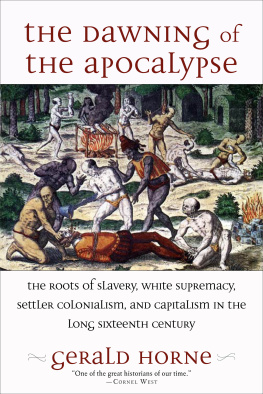
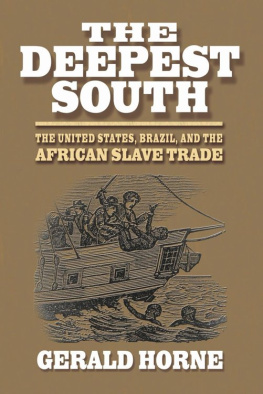
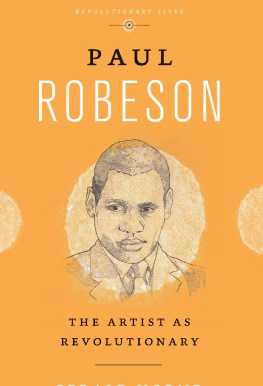

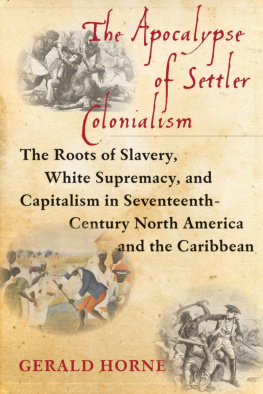
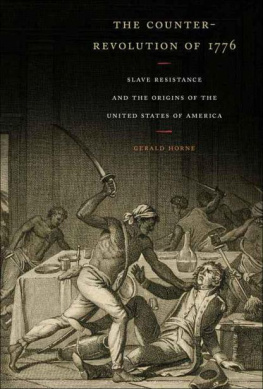

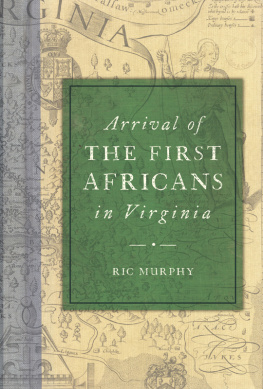

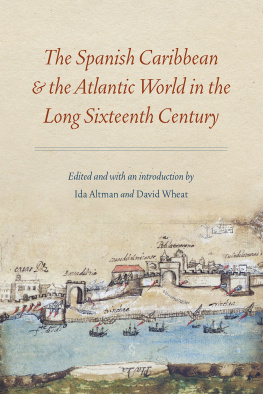
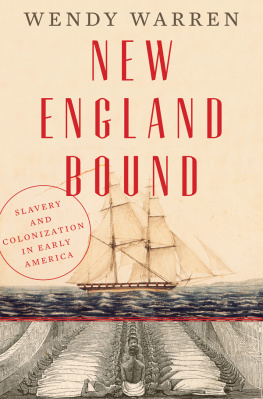

 Gerald Horne
Gerald Horne 